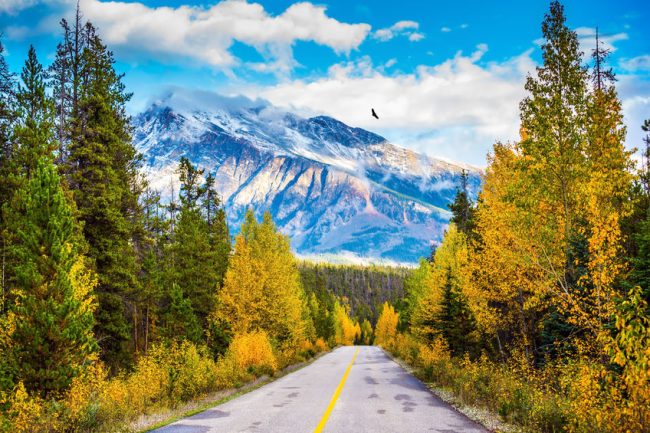INCLUSIVE WEALTH
Because Canada, until recently, has lacked a mechanism to include natural capital in our national accounts, we are not able to use and conserve it at an optimal rate. We risk living beyond our means and imposing a significant ecological debt on future generations.
Statistics Canada has taken important initial steps forward with the inclusion of the value of commercial natural resources in our national balance sheet, and with the potential to add other elements such as ecosystem services valuations. Ultimately, inclusive wealth accounting needs to extend to subtracting rents on depleted resource stocks and adding new discoveries.
Of all OECD nations, Canada has the most abundant natural capital per capita, and also an impressive data set to start from, which StatsCan has tracked for three decades.
SOLUTIONS WE PROMOTE
- Expanding StatsCan’s current inclusion of natural capital wealth in our national accounts, and supporting parallel work beginning to be done at the provincial level.
- Developing taxonomies to quantify the size of Canada’s existing green economy, at both macro and micro levels, so as to better guide its ongoing growth.
EXAMPLES OF SUCCESSFUL ACTIONS
- The Natural Capital Lab is bringing together innovators from business, government, and NGOs to collaborate on pilot projects to identify, test, and scale natural capital measurement and management.
- In preparation for the Rio+20 Summit, IHDP and the UN University devised the Inclusive Wealth Index – the first framework for national accounts – and tested it with 20 countries including Canada.
- The UN System of Environmental-Economic Accounting also provides a further practical basis.
- Australia, a similarly natural-resource rich and dependent economy, includes natural resources on its national balance sheet.
RESOURCES
- Nature’s Numbers: Expanding the National Economic Accounts to Include the Environment
- The Value of the World’s Ecosystem Services and Natural Capital
- European Union Beyond GDP Initiative
- Canada’s Natural-Resource Wealth Must be Included on Balance Sheets
- The Natural Capital Protocol
- IISD Comprehensive Wealth Project
See also our general Resources page.

